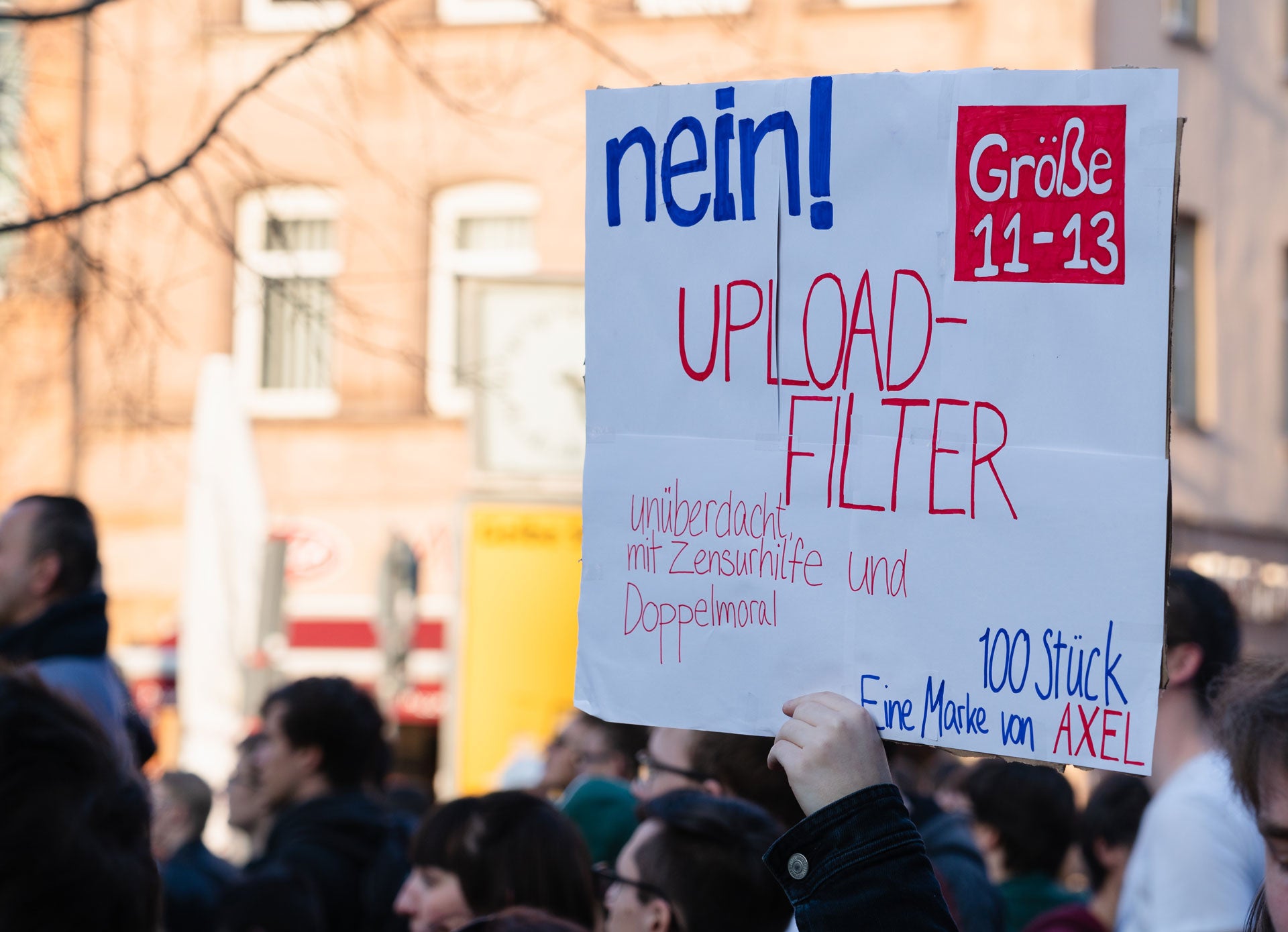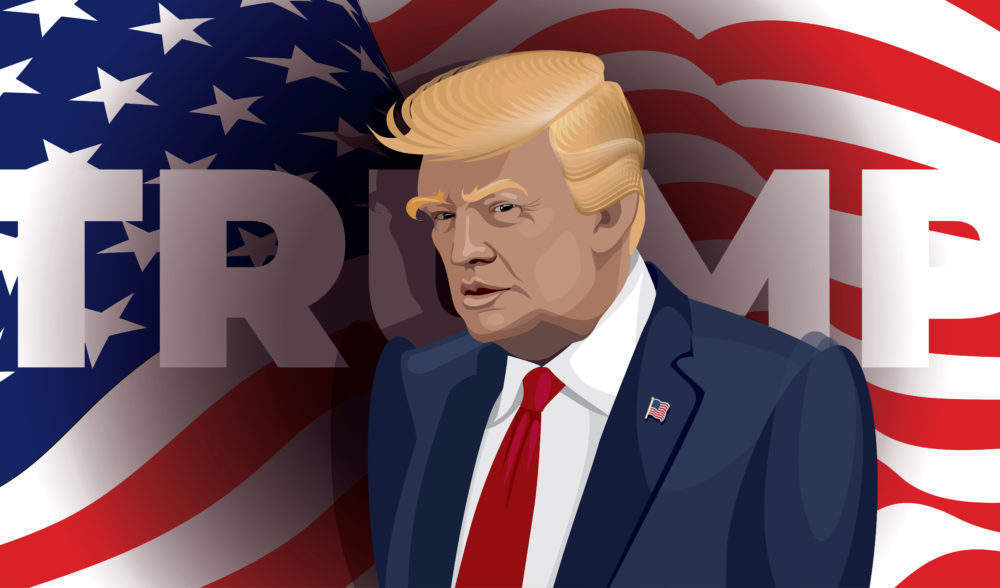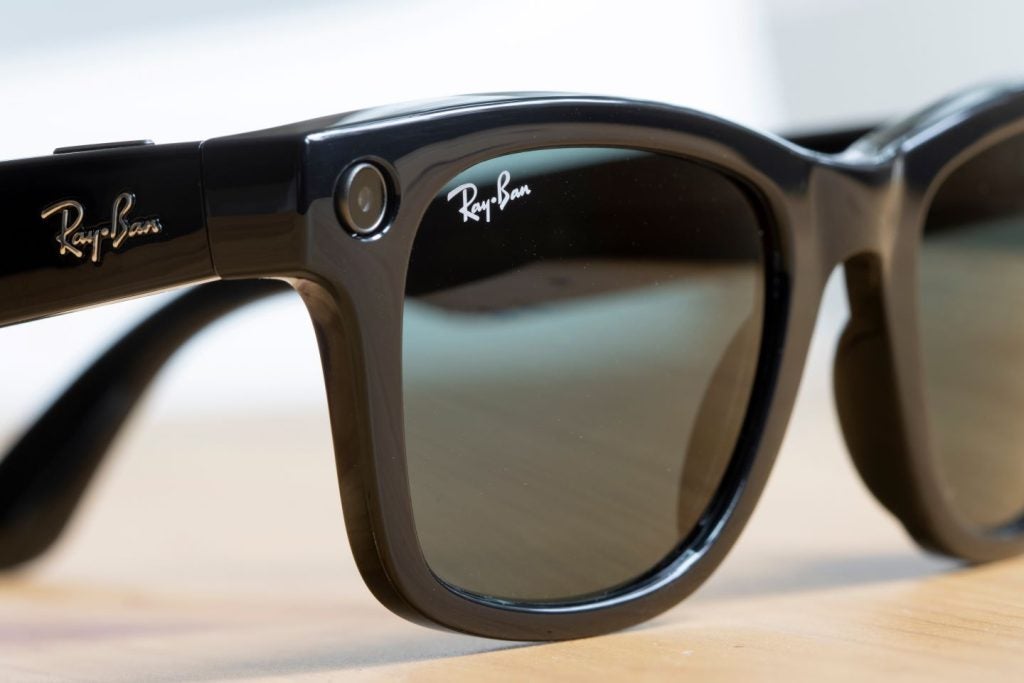
The EU Copyright Directive that encompasses Article 11 and Article 13 is expected to trigger widespread adoption of automated upload filters, however these Article 13 upload filters could see protected content such as memes being essentially banned.
Under the newly passed Article 13, often referred to as the “meme law”, companies operating in the European Union will have increased responsibility to prevent copyrighted content being shared without permission online.
The law has already proved controversial, but according to Andrew Jerrard, technology solicitor at law firm Coffin Mew, the methods companies use to comply with it could prompt further outrage.
How Article 13 upload filters could unwittingly block memes
The issue is with Article 13 upload filters that are expected to be put in place by tech companies to prevent copyrighted content from being uploaded to their websites.
“Filters used by tech firms to vet content uploaded by users could stifle information sharing, especially when a program incorrectly labels content as infringing,” said Jerrard.
“They might also kill memes because they often reproduce copyrighted content.”
How well do you really know your competitors?
Access the most comprehensive Company Profiles on the market, powered by GlobalData. Save hours of research. Gain competitive edge.

Thank you!
Your download email will arrive shortly
Not ready to buy yet? Download a free sample
We are confident about the unique quality of our Company Profiles. However, we want you to make the most beneficial decision for your business, so we offer a free sample that you can download by submitting the below form
By GlobalDataWhile Article 13 was modified to protect memes from being affected – largely due to the level of outrage this notion prompted – in practice these filters may severely hamper their use.
“The EU Commission inserted exemptions for parody to ease these concerns, which include memes. However, it is challenging to create computer programs that can accurately determine what is or isn’t parody, so this may have little effect in practice,” he said.
“The directive requires that tech giants must take steps against sharing of infringing content, and specifically mentions use of content recognition technologies which would be applied when uploading content. This already takes place to some extent, such as image scanning on some platforms to determine if they contain nudity before publication. But some feel this is the start of EU-mandated censorship online.”
Technology meets Article 11: How will the link tax work?
The matter of Article 11, the law that gives publishers the right to be paid by news platforms for links, also raises questions when it comes its technological reality.
“The new copyright directive also contains a provision that intends to compensate publishers for use of their titles online, the so-called ‘link tax’. But how will this work in practice?” asked Jerrard.
“How can we value the use of a certain article or extract from it? Is a payment required for hyperlinking?
“This may mean Google has to pay for using headlines and extracts in its Google News service, but publishers may be able to allow free use of their content to attract more readers. More clarity is needed on how the new directive will be enforced.”







